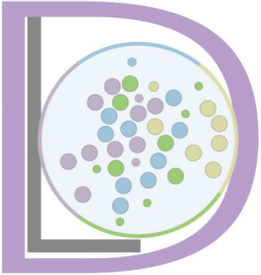“How did you do that?” This is a question I have been asked a few times in my career when using an element of technology in my lessons.
The thing is, this is not a reaction to my students tackling some carefully crafted web quest or using iPads to create animated video clips (simply because I don’t usually do those kind of tasks but more on that later!) It is often a reaction to my class using an app like Padlet to collaborate or Kahoot to create their own quizzes.
“I didn’t do that,” is usually my answer. “I just set it up and my students did the rest.”
“But it seems so complicated,” they continue. “I could never do something like that.”
When a teacher is reluctant to use technology in class, there are two reasons they may offer – “I don’t know much about technology,” and/or “my students are much better with tech than me so how could I teach them anything with it?”
Via Elizabeth E Charles



 Your new post is loading...
Your new post is loading...









https://kushgalore.com/product/buy-runtz-strain-online/
https://kushgalore.com/product/buy-smartbud-online/
https://kushgalore.com/product/buy-blue-dream-weed/
https://kushgalore.com/product/buy-og-kush-online/
https://kushgalore.com/product/buy-green-crack-online
https://kushgalore.com/product/buy-white-runtz-online/
https://kushgalore.com/product/buy-skywalker-og-online/
https://kushgalore.com/product/order-pineapple-express-weed/
https://kushgalore.com/product/buy-bubba-kush-online/
https://kushgalore.com/product/buy-amnesia-strain/
https://kushgalore.com/product/buy-stiiizy-pods-online/
https://kushgalore.com/product/durban-poison/
https://kushgalore.com/product/buy-cbd-gummies-online/
https://kushgalore.com/product/blue-dream-710-kingpen/
https://kushgalore.com/product/buy-girl-scout-cookies-strain/
https://kushgalore.com/product/buy-moon-rock-online-usa/
https://kushgalore.com/product/buy-uk-cheese-online/
https://kushgalore.com/product/Buy Jack Herer weed onlin
https://kushgalore.com/product/gorilla-glue-4/
https://kushgalore.com/product/order-grape-cookies-strain/
https://kushgalore.com/product/white-widow/